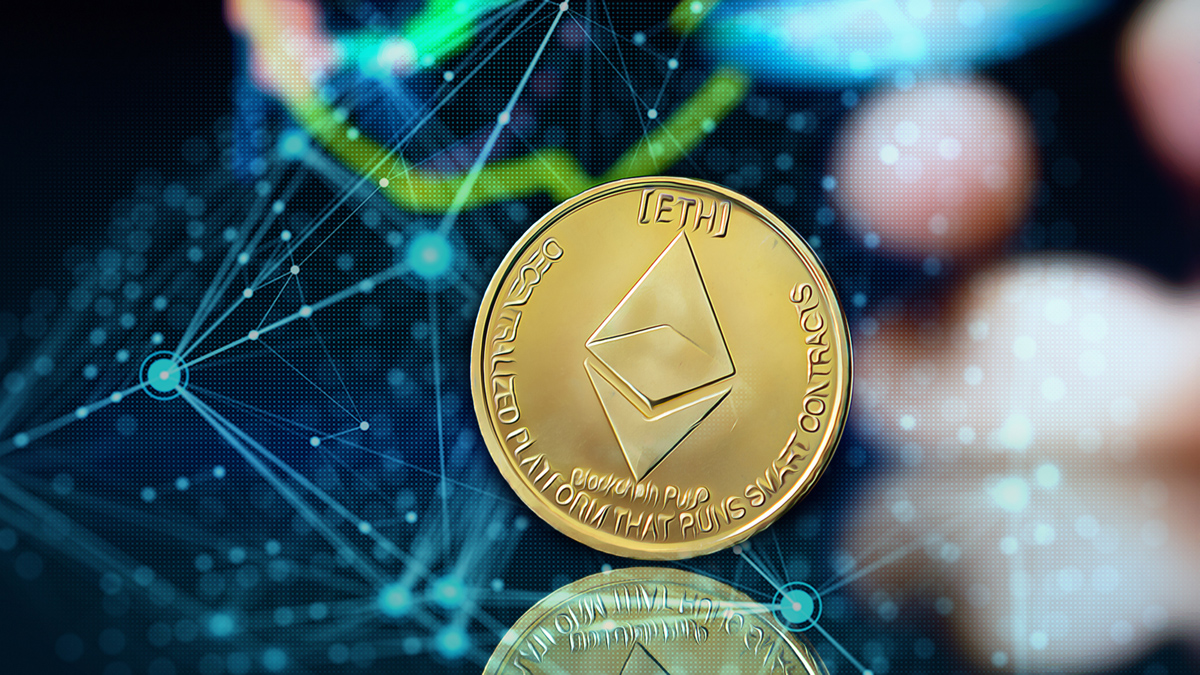The GENIUS bill, recently approved by the House of Representatives, has been signed into law by President Trump. The signing ceremony is gaining attention, as Trump praised the future potential of stablecoins and expressed his eagerness to sign additional cryptocurrency-related legislation. During his speech, Federal Reserve member Goolsbee was also making statements, indicating a significant day for financial policy.
Trump and the Cryptocurrency Bill
The GENIUS law, providing a regulatory framework for stablecoins, was expedited for approval and signed earlier than anticipated. Trump expressed a desire to see the bill on his desk by August, prompting lawmakers to accelerate its passage. Despite initial resistance from some Republicans, Trump personally engaged with them to ensure the bill’s approval.

In his remarks, Trump discussed stablecoins, cryptocurrencies, and tariff-related matters, suggesting upcoming significant trade announcements and agreements. He highlighted the importance of the stablecoin bill as a landmark step for cryptocurrency and fintech industries, emphasizing the costly and time-consuming nature of money transfers.
Trump firmly stated that the U.S. would not allow the dollar to lose value or risk its status as the reserve currency, equating such losses to losing a war. He declared that a central bank digital currency (CBDC) would never materialize in the United States and committed to signing crypto market legislation this year. Additionally, he mentioned an impending executive order to prohibit CBDC.
Federal Reserve Announcements
Today, Waller, a prominent contender for Fed Chairman, reiterated that a rate cut could occur in July, supported by recent easing in job opportunities and consumer inflation expectations. However, Goolsbee, who had previously hinted at a possible July rate cut, offered a more cautious rhetoric in his latest comments.
He suggested that further clarity on customs tariffs is needed to understand their impact on inflation. Fragmented announcements prevent concluding that tariffs only lead to a one-time price increase. He emphasized that factors obscuring a potential shift toward 2% inflation could delay interest rate cuts.
Goolsbee revealed that observing moderate inflation over the next few months would be reassuring. Reductions in uncertainty could facilitate rate cuts, and potential disruptions in the labor market could strongly influence his views.
This signifies a shift from his previous stance on July rate cuts, aligning more with a cautious approach to fiscal policy for now.


 Türkçe
Türkçe Español
Español








